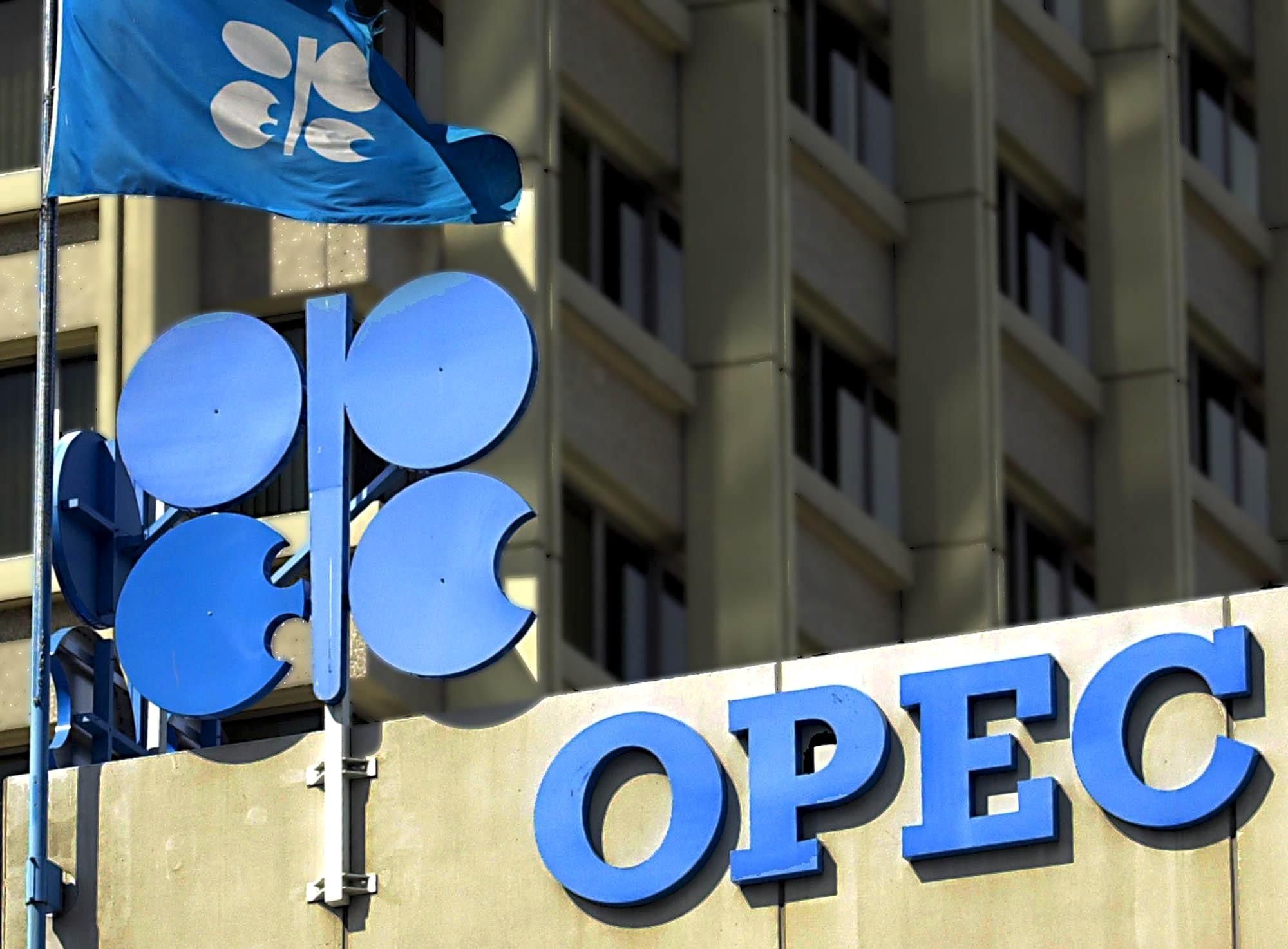SUMMARY
This is AI generated summarization, which may have errors. For context, always refer to the full article.

VIENNA, Austria – OPEC ministers were cautiously confident Wednesday, June 1, that the oil market is finally on the mend, cementing expectations that the cartel will keep crude gushing at a meeting in Vienna.
“The market is improving,” Iraq’s Deputy Oil Minister Fayyad al-Nima said a day before the bi-annual gathering of the Organization of the Petroleum Exporting Countries.
“The market will become better in the second half of the year,” he predicted, in comments echoed by other delegates from the 13-nation group.
The most powerful though, Saudi Arabia’s new oil minister Khaled al-Falih – newly appointed by the dynamic young Deputy Crown Prince Mohammed bin Salman – was tight-lipped.
Traditionally OPEC, which pumps around a 3rd of the world’s crude, has collectively cut back or increased output in an attempt to manage the volatile price of oil.
But in the most recent drop, which has seen oil tumble from over $100 in 2014 to close to $25 in January, OPEC – driven by kingpin Saudi Arabia – has changed tack.
Instead of reducing output, it has kept the oil flowing in order, experts say, to keep hold of market share by squeezing competitors – particularly US shale oil producers.
Although it has taken some time, straining even Saudi Arabia’s finances, the strategy appears to be bearing fruit, with non-OPEC output on course this year to fall sharply.
The price per barrel, meanwhile, last week touched $50 for the first time in 6 months, making OPEC – riven by rivalry between Saudi Arabia and Iran – breathe easier.
Suhail al-Mazrouei, United Arab Emirates oil minister, said late Tuesday that he expected 2016 to be “the year of correction.”
“The rules of the market, which is the supply and demand, are working,” he told reporters in Vienna.
Angola’s Jose Maria Botelho de Vasconcelos, oil minister, said that the price “tendency is a little bit positive.”
Venezuela worries
However, Vasconcelos also said that Angola needed the price to rise further, while Venezuela’s oil minister expressed worries that the recent recovery might peter out.
Eulogio del Pino, whose economy has been pushed to the brink by the weak oil price, said the recent rise was due to exceptional factors that have reduced global output.
These included strikes in Kuwait, wildfires in Canada, disruption in Nigeria, and lower output in Colombia, he said.
“It’s not the situation of the market, it’s some circumstances,” he said. “When those circumstances are removed, what is going to happen?”
Algeria’s Oil Minister Salah Khebri said a rebalancing of the market was “on track.” He added however that further “efforts” were needed.
New secretary general
Thursday’s meeting may meanwhile see OPEC name a new secretary general to replace Abdalla El-Badri, a Libyan who has been in the post since 2007.
Del Pino said that he was in favor of Alí Rodríguez Araque, currently Venezuela’s ambassador to Cuba, getting the job. He previously held the position from 2001-2.
Badri was due to step down in 2012 but has stayed in place because OPEC has been unable to agree on a successor.
Other candidates are thought to include Nigeria’s Mohammed Barkindo and Mahendra Siregar of Indonesia, according to Bloomberg News.
Russian news agency Interfax quoted an unnamed source as saying that there was a “very strong probability” that it would be Siregar, a former deputy finance minister.
Angola’s Vasconcelos said he backed Barkindo. – Alvaro Villalobos & Juliette Rabat, AFP / Rappler.com
Add a comment
How does this make you feel?
There are no comments yet. Add your comment to start the conversation.